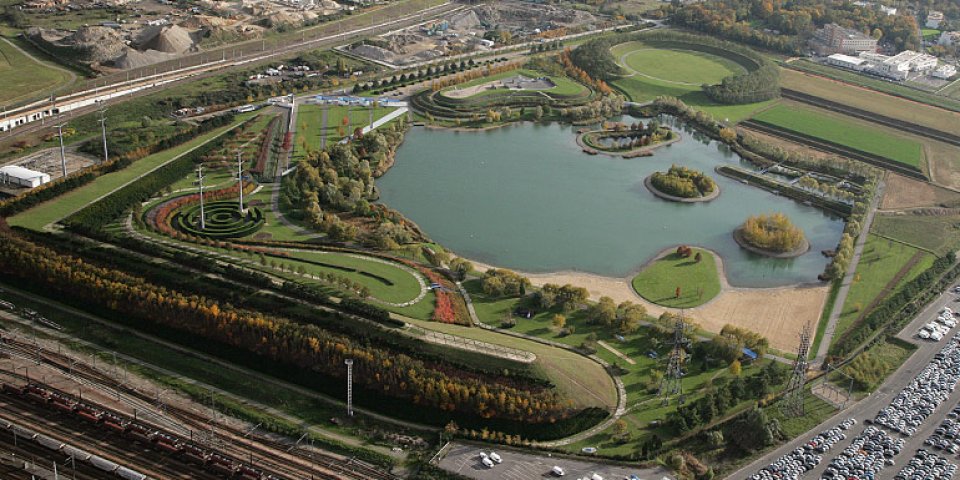
Scale of the project: neighbourhood
Urban density in which the NbS is implemented: high (dense city center, etc.)
Soil construction with wastes.
...
Urban Challenges:
1. Climate issues: Climate adaptation
2. Urban water management and quality: Urban water management and quality
4. Urban space and Biodiversity: Urban space management
5. Urban Regeneration and Soil: Soil management
7. Public health and well-being: Quality of life, Health
8. Environmental justice and social cohesion: Social cohesion
11. Green economy: Circular economy, Direct economic value of NbS
Other Urban Challenges:
This practice requires a new expertises, new jobs and should take into account (1) material recycling and (2) the new way of life: "building the city on the city".
- Developing climate change adaptation; improving risk management and resilience
- Increase infiltration / Water storage
- Increasing infiltration
- Reduce flood risk
- Reduce run-off
- Carbon sequestration and storage
- Increase Biodiversity
- Increase quality and quantity of green and blue infrastructures
- Changing image of the urban environment
- Improve water quality
- Increase accessibility to green open spaces
- Increase amount of green open spaces for residents
- Increase social interaction
- Increase well-being
- Provision of health benefits
- Social inclusion
Process enablers:
... → ... → ...
...
Process inhibitors:
... → ... → ...
...
Expected time for the NbS to become fully effective after its implementation: short (immediately to few months)
Feedback: not conserned ??
Expected life time of the intervention: around 25 years
Dates (for project delivered): 2005
BUSINESS MODEL:
Business cluster: ...
Business model: ...
Global (estimated) cost of the project: Unknow
Financing mechanism: cluster1 public financing
- Object shapes
- On the Ground
- Work on soil
- Reinforced/structural soil
Veronique , Lathiere (veronique.lathiere@valdemarne.fr)
Municipality or metropolitan service
Conseil départemental du Val-de-Marne, Hôtel du département, 94054 Créteil cedex
Further information
Nature4Cities (https://www.nature4cities.eu/) aims to develop a knowledge diffusion around Nature-Based Solution (NbS) and a decision support platform through new collaborative models.
This project is part of the Nature4Cities's pioneer case studies database, it will feed the observatory, NbS pre-selection and replication tools, gathered into the Geocluster4NBS.
This project was chosen as a pioneer case study for the following reasons: the project develops a structural soil concept.
Nature4Cities project has received funding from the European Union’s Horizon 2020 research and innovation program under grant agreement No 730468.



